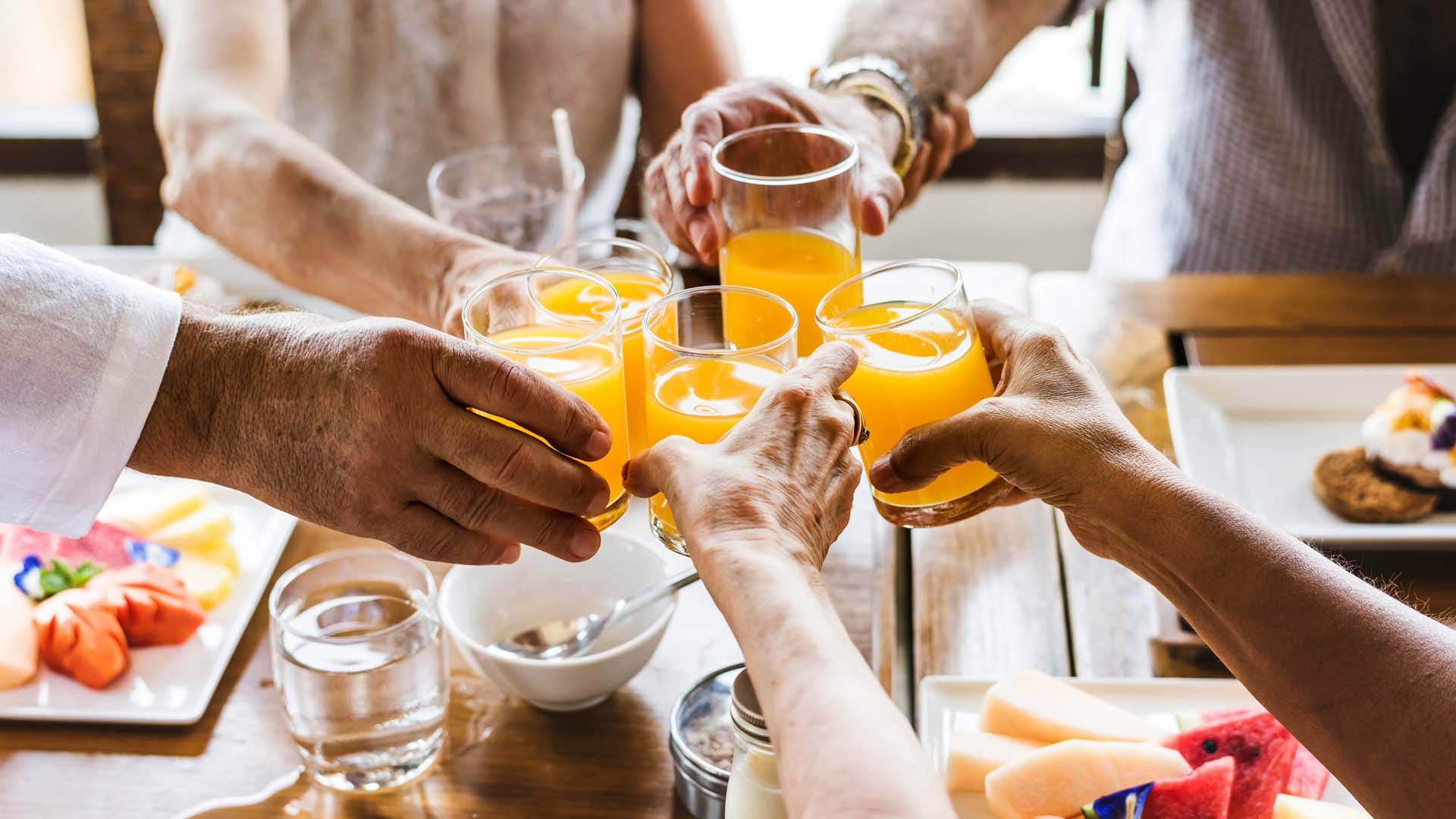
If you’ve had one too many pina coladas over the summer and you’re in need of a reset, now’s your chance to take advantage of an alcohol-free month.
Sober October offers people the opportunity to have a break from booze for 31 days and raise money for Macmillan Cancer Support.
And although you might not drink as much as a university student, in England and Scotland, adults aged 55-64 are the most likely to drink more than the NHS recommended 14 units a week.
And in Wales it's adults aged 45-64 – although the data is gathered differently. Giving up alcohol for a month might seem daunting at first, but Dr Oscar D’Agnone, psychiatrist and medical director at The OAD Clinic, says that there are many positive effects of doing so for your body, mind and pocket.
“One of the first things many people report when abstaining from alcohol is an improvement in sleep quality.
"Alcohol might make you feel drowsy, but it often leads to disrupted REM sleep – the deep, restorative stage of the sleep cycle. Going sober for a month can lead to more restful nights, ensuring you wake up feeling refreshed,” says D’Agnone.
Sleep patterns naturally change as you get older, but cutting out booze can help you rest better – as can sleeping with socks on.
“Alcohol can cloud judgement and impair memory. A month-long break can lead to clearer thinking, better decision-making, and a sharper memory.
"Individuals also often report feeling more present in their daily activities and interactions, when they have not consumed alcohol,” notes D’Agnone.
Online puzzles can give us the memory of a 20-year-old, according to academics from the University of York – so if you spend your sober month completing some sudoku puzzles, you’ll be able to take years off your brain age.
“Mental health can significantly benefit from reduced alcohol intake. Regular consumption can exacerbate feelings of anxiety and depression. By abstaining, many find a noticeable improvement in their overall mood and wellbeing,” says D’Agnone.
Walking has been shown to boost mental health. So, instead of reaching for your usual tipple, take yourself outside and walk yourself happy.
“It’s no secret that regularly buying drinks can take a toll on your wallet. A month of sobriety can lead to considerable savings, giving you the opportunity to invest in other enriching experiences or needs,” suggests D’Agnone.
The Try Dry app, in conjunction with Alcohol Change, includes the option to calculate your money savings and tells you how much you have saved each week – it can be very motivating to see the £s in front of your eyes.
“Alcoholic drinks, especially sugary mixers, can be calorie-laden. Cutting out these additional calories, paired with the often unhealthy food choices you can make while you’re intoxicated, can contribute to weight loss,” says D’Agnone.
Dietitian Priya Tew adds: “Drinking alcohol lowers blood sugars, which can lead to you craving food that is high in carbohydrates or sugar.
"When your inhibitions are lower and your decision-making is impaired, it can lead to a reliance on easy-to-grab food such as crisps or fast food."
“Drinking less alcohol can therefore lead to a lower intake of calories and a wider range of nutrients – as you’re able to make more balanced choices when it comes to eating.”

“Your liver works hard to process the alcohol you consume,” continues D’Agnone. “Giving it a break can lead to a reduction in fatty liver disease, lower inflammation, and a decrease in elevated liver enzymes.”
Research suggests that your liver doesn't exhibit well-documented or marked changes in either structure or function during the ageing process.
It's a unique and special organ that deserves to be taken care of – and you can do just that by giving it a break from alcohol.
“Alcohol is known to dehydrate the skin, leading to dryness and premature ageing. A month without alcohol can lead to a more hydrated complexion and a natural glow,” says D’Agnone. Taking a break from alcohol can give your body and skin the opportunity to restore and rehydrate itself.
Our how to maximise the health benefits of your cup of tea article explains how the humble cuppa can help your heart health, too.
“Going sober can provide a unique perspective on your relationship with alcohol. It offers a chance to reflect on drinking habits, understand triggers, and evaluate if and how you might want to change your drinking patterns in the future,” notes D’Agnone.
Esther Nagle used yoga – and found a more meaningful way to enjoy life, without drinking.
“Frequent alcohol consumption is linked to several chronic diseases, including certain cancers. Reducing intake can decrease these risks and promote long-term health,” says D’Agnone.
Chronic and degenerative diseases are more of a concern as you get older – and while it’s a complex issue, there is evidence that limiting or cutting out alcohol can help reduce the risk of cancer
“Without hangovers or late-night outings, you’ll often find that you have more energy for positive activities such as exercise, reading, or other hobbies. This can lead to an overall healthier and a more balanced lifestyle,” says D’Agnone.
Set yourself a fitness goal and stick to it this month – it will be easier to complete it without the temptation of the pub.
Sign up for Sober October
“While enjoying a drink now and then is a personal choice and can be part of social bonding, it’s undeniable that taking a break – even if just for a month – can offer numerous benefits to both mind and body.
“Whether it’s improved sleep, clearer skin, or a boost in mental wellbeing, going sober for a short period might be a step worth considering for those curious about the potential positive outcomes,” ends D’Agnone.
I’ve been sober for more than a year – here are my tips for how to survive an alcohol-free month:
My go-to drink now at the pub is a 0% Peroni. To me, it tastes just the same as regular beer, so I can feel like I’m “having a drink” but leave with a clear head – and a smidge of smugness that I’ll be getting up in the morning without a throbbing head.
Sometimes I want a giant fishbowl gin glass for my soda water and fresh lime, so that is what I ask for, when I’m in a pub. And use those nice glasses that you have in the cupboard for special occasions – there is less risk of them being smashed if you’re sober.
I did everything a bit slower – or not at all – after a night on the booze. Since I’ve given up alcohol, I’ve had so much time to do more things that I enjoy. I’m now an ultra-runner and I’ve completed a playwriting course – a dream of mine for years. Making the decision to cut out alcohol has only had positive benefits for me – now is your chance to see what you can do booze-free.
If you’d like further advice about cutting down on your alcohol consumption, the following can help: Alcohol Change / Kinder Better Stronger.
Phillipa Cherryson is senior digital editor for Saga Magazine. Phillipa has been a journalist for 30 years, writing for national newspapers, magazines and reporting onscreen for ITV. In her spare time she loves the outdoors and is an Ordnance Survey Champion and trainee mountain leader.
View author page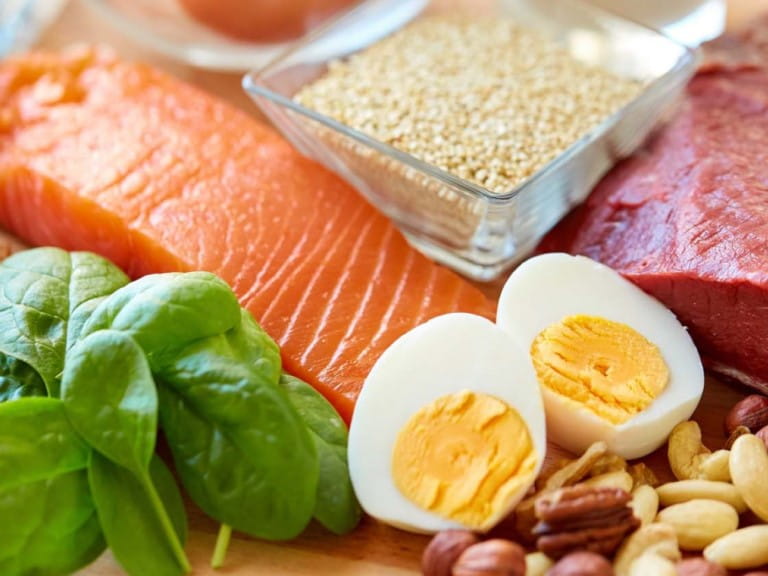
Everything you need to know about protein, from how it benefits your body to the best high-protein foods – and how much you really need.

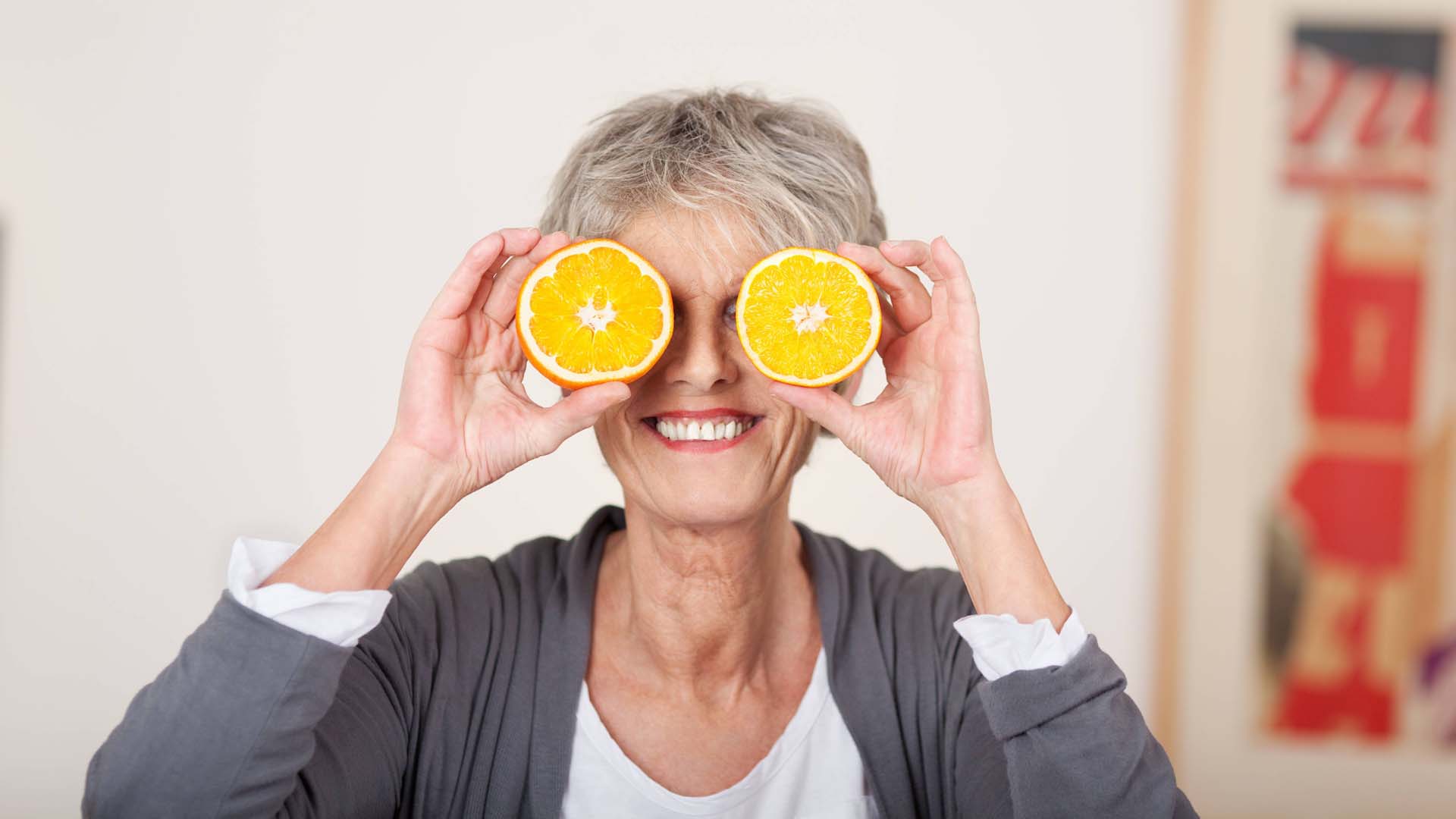
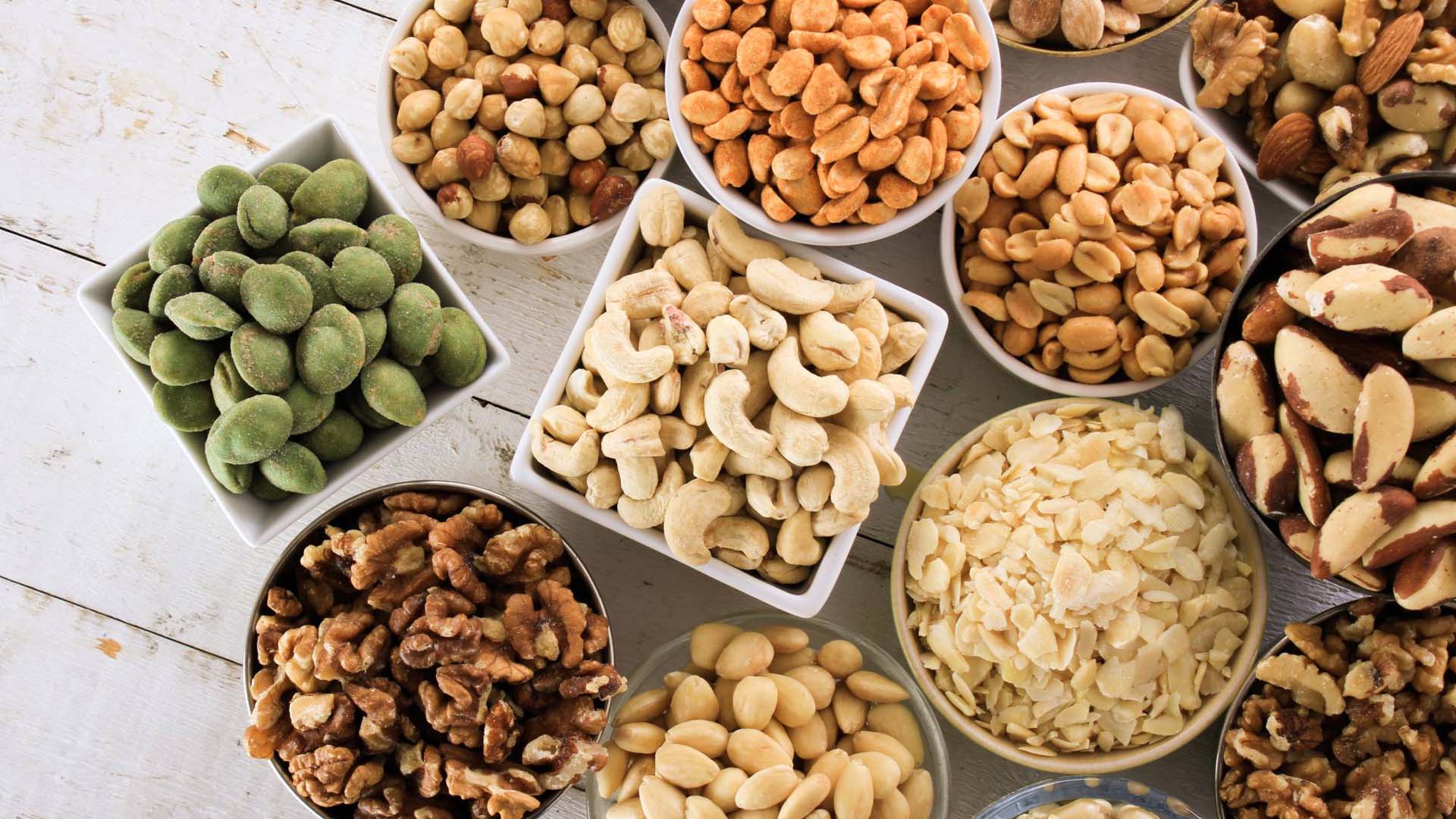
Let’s roast the myths! Not only are nuts less fattening than once feared, research shows they can cut the risk of heart disease too
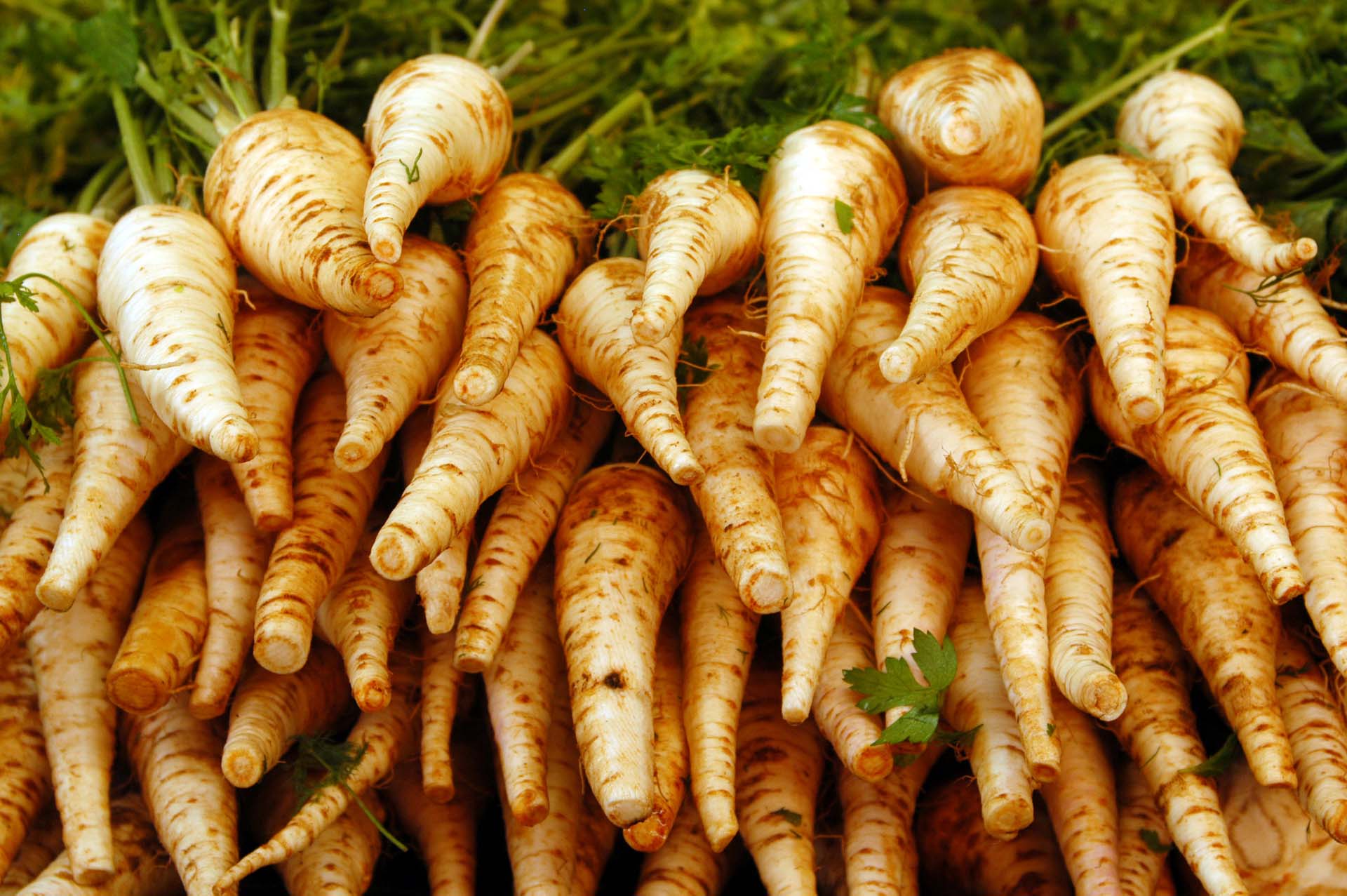
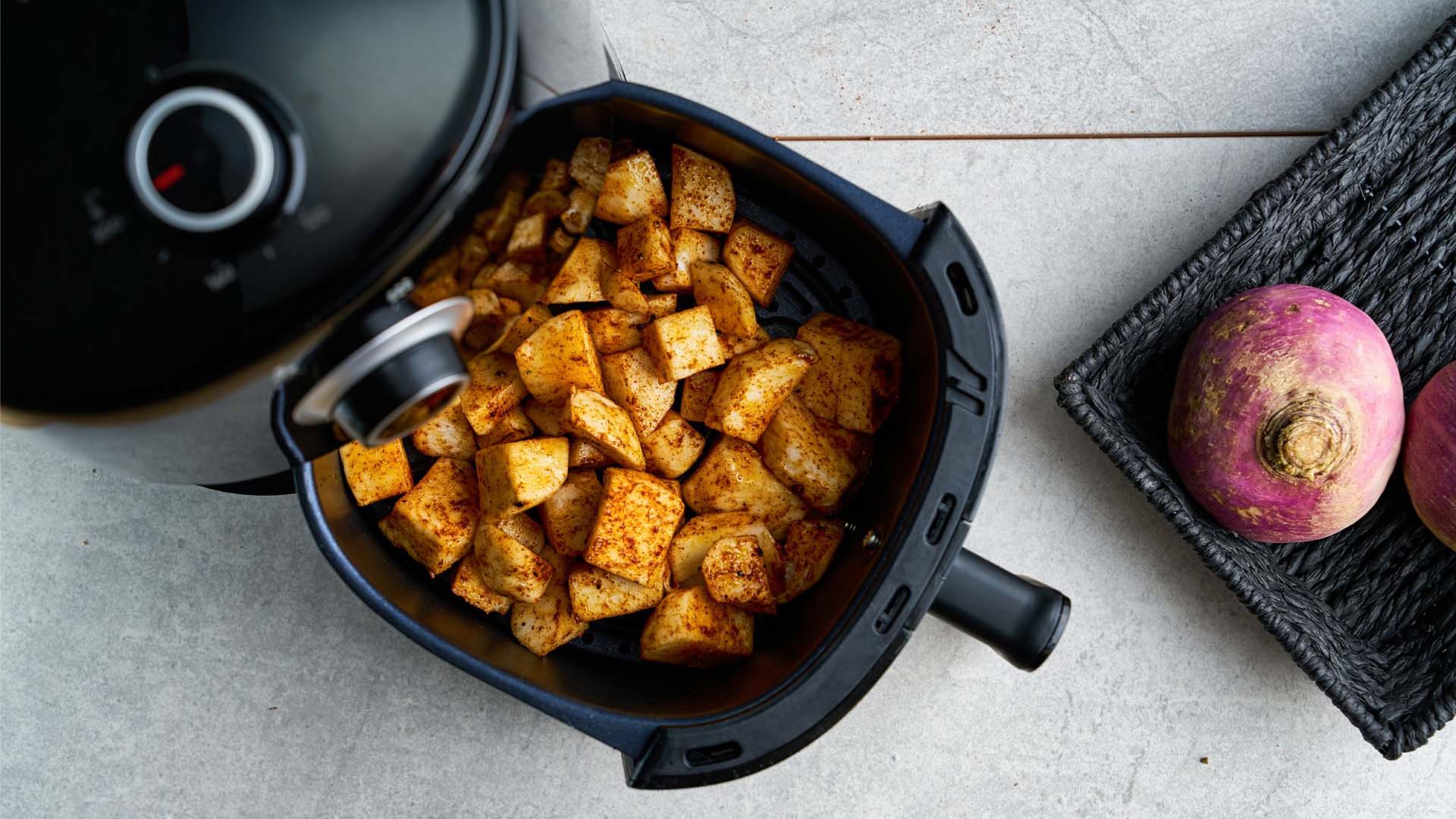
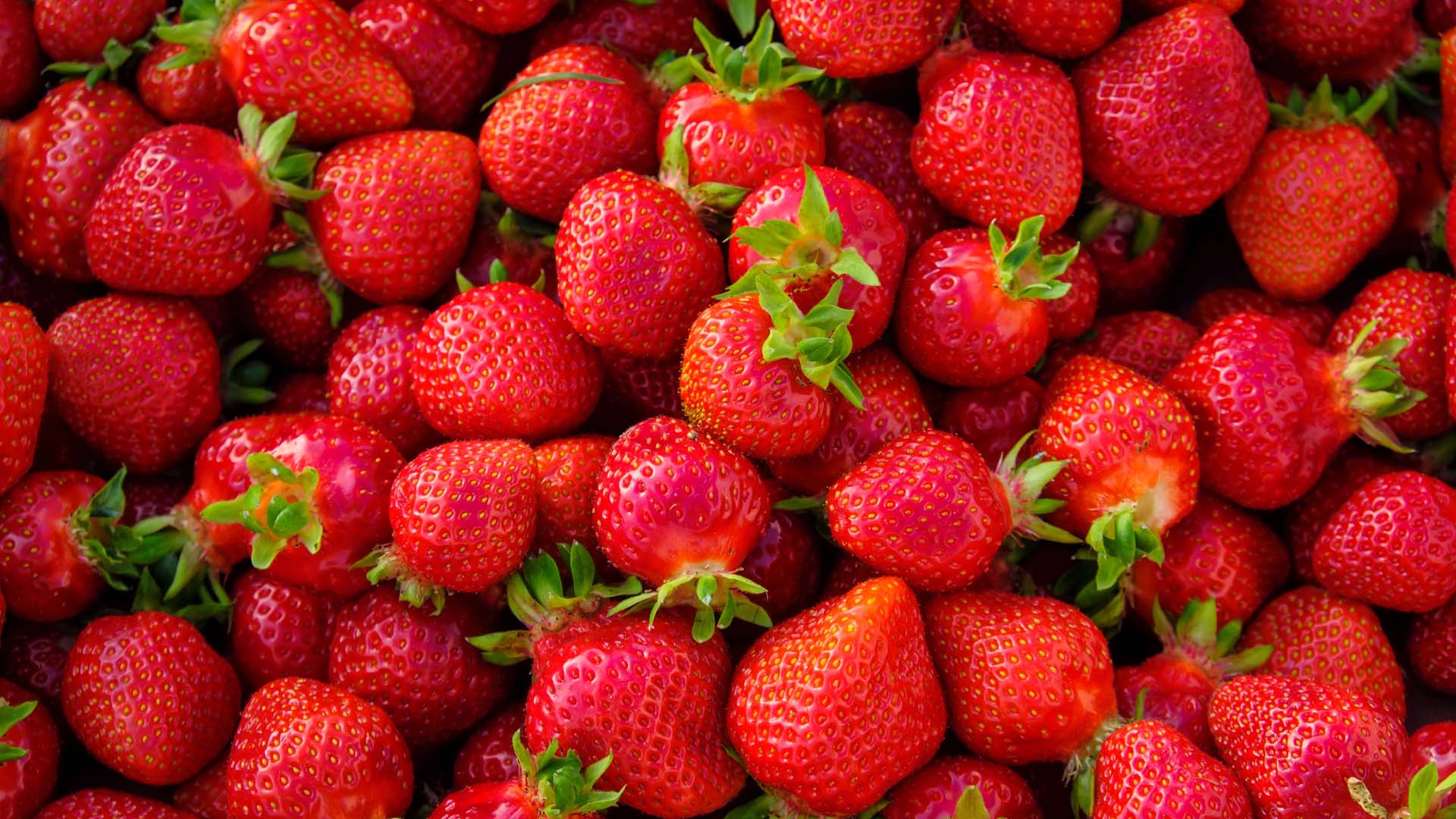
Strawberries don't just taste and look great, they are full of fibre, help your heart health and may even stave off dementia.
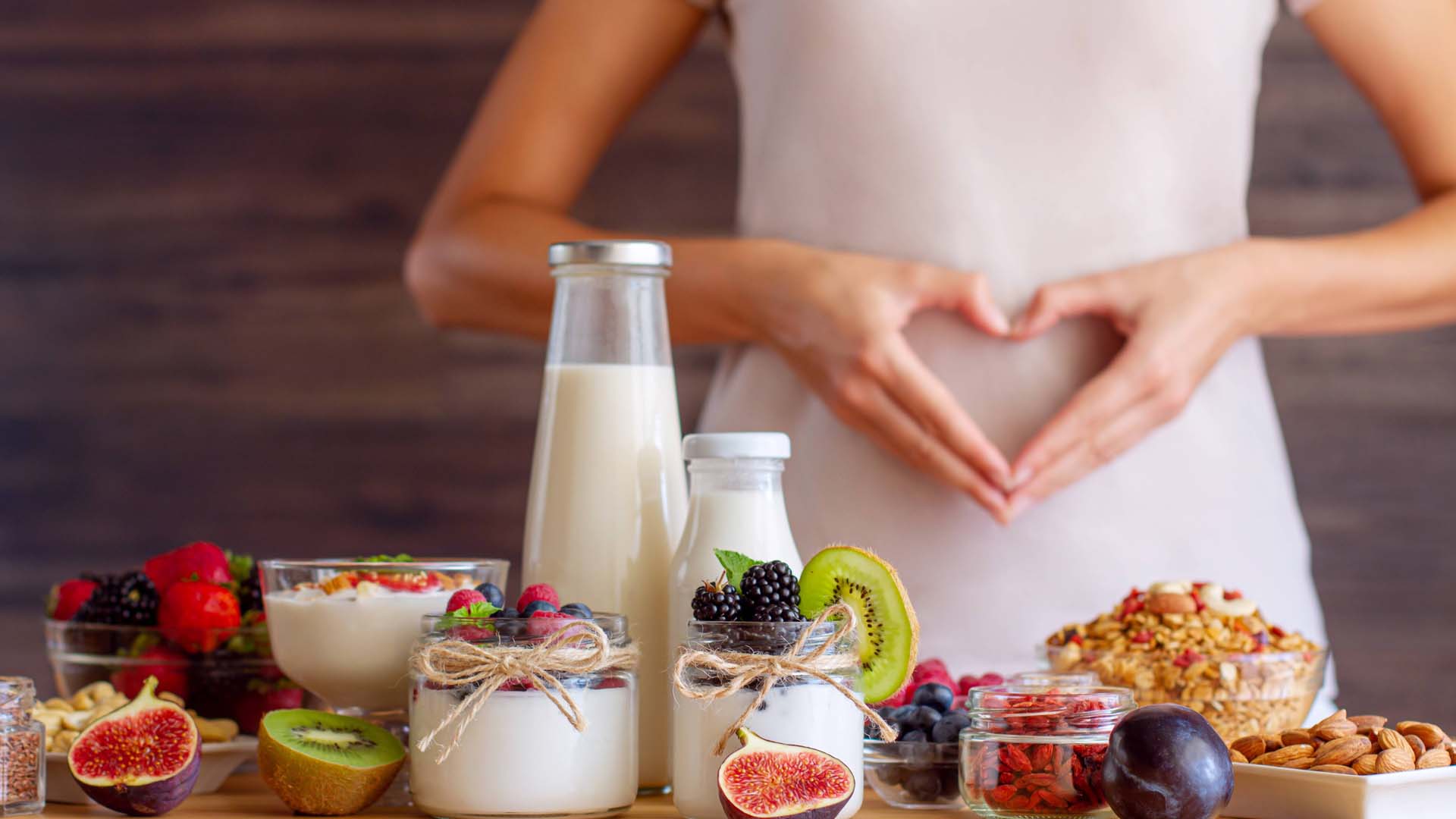
Looking after your gut health could be one of the biggest things that you can do for your overall health. Here are the best foods to keep your gut happy.
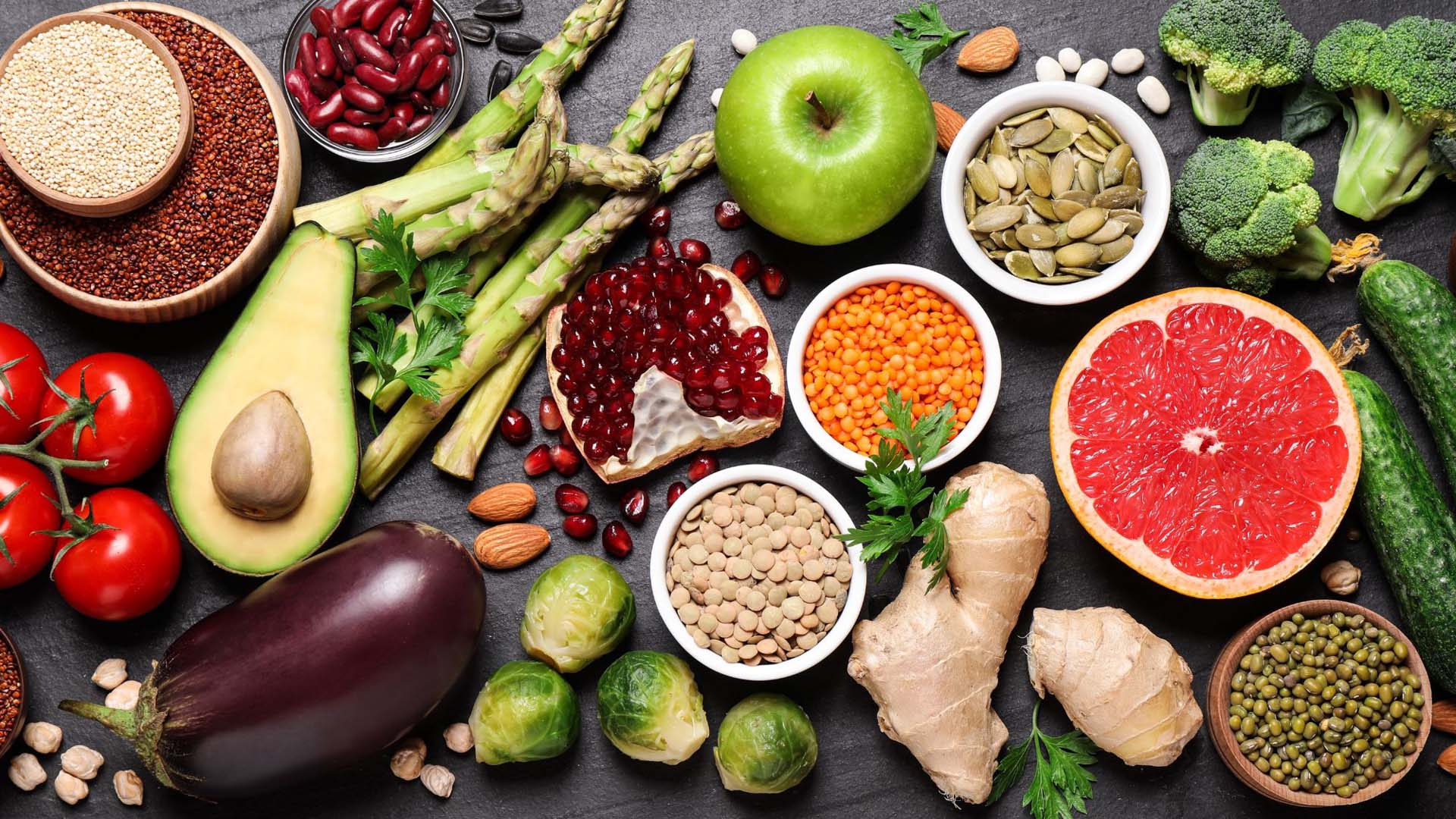
The foods that could help you live longer and protect against chronic illness.